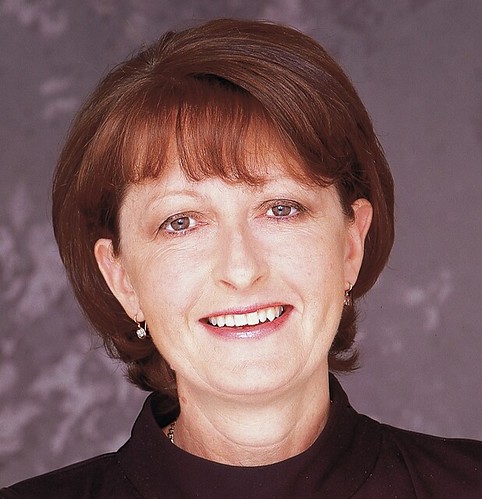What patients want
I’d wager not many practices include a patient on the employment panel when they interview new staff. Yet according to a speaker at the recent RACGP conference, it might be the best way to ensure we hire patient-, and therefore practice-friendly staff.
Associate Professor Michael Greco, a Franciscan monk in a previous life, is as patient-centred a GP as you’d expect from his history, and his motto, which from memory he borrowed from somewhere, extremely apt - “Nothing about us without us”. Although always putting patients first is inimical to much of our training, most general practitioners at least pay lip service to this philosophy, and sincerely want to provide a good service to our patients. But rather than assuming we know what patients want, we should ask them, says Professor Greco, Director of the Client Focused Evaluations Program. Not by popping a suggestion box in the waiting room, but with routine surveys on patient expectations or perhaps even a ‘critical friends group’ of patients whose specific aim is to give constructive feedback.
From his own experience, patients’ wishlists fell into five domains, and only one involved safe, high quality medical care. Access and waiting, a clean comfy, friendly atmosphere, information and choice and relationships were the other patient wants.
Complaints about UK practices listed on Professor Greco’s website lists include waiting times and continuity of care. More specific complaints, which may ring a bell with Australian doctors were too many leaflets on display in the waiting room, privacy problems and reception congestion, children’s toys causing a hazard to elderly patients and inadequate telephone systems. “The patient is everything”, says Professor Greco, whose patients have led practice workshops on topics such as diabetes, and designed a website for the practice.
To quote Professor Greco quoting the Bombay Hospital Motto, written by Mahatma Gandhi: “A patient is the most important person in our Hospital. He is not an interuption to our work, he is the purpose of it. He is not an outsider in our Hospital, he is part of it. We are not doing a favour by serving him, he is doing us a favour by giving us an opportunity to do so”.
Associate Professor Michael Greco, a Franciscan monk in a previous life, is as patient-centred a GP as you’d expect from his history, and his motto, which from memory he borrowed from somewhere, extremely apt - “Nothing about us without us”. Although always putting patients first is inimical to much of our training, most general practitioners at least pay lip service to this philosophy, and sincerely want to provide a good service to our patients. But rather than assuming we know what patients want, we should ask them, says Professor Greco, Director of the Client Focused Evaluations Program. Not by popping a suggestion box in the waiting room, but with routine surveys on patient expectations or perhaps even a ‘critical friends group’ of patients whose specific aim is to give constructive feedback.
From his own experience, patients’ wishlists fell into five domains, and only one involved safe, high quality medical care. Access and waiting, a clean comfy, friendly atmosphere, information and choice and relationships were the other patient wants.
Complaints about UK practices listed on Professor Greco’s website lists include waiting times and continuity of care. More specific complaints, which may ring a bell with Australian doctors were too many leaflets on display in the waiting room, privacy problems and reception congestion, children’s toys causing a hazard to elderly patients and inadequate telephone systems. “The patient is everything”, says Professor Greco, whose patients have led practice workshops on topics such as diabetes, and designed a website for the practice.
To quote Professor Greco quoting the Bombay Hospital Motto, written by Mahatma Gandhi: “A patient is the most important person in our Hospital. He is not an interuption to our work, he is the purpose of it. He is not an outsider in our Hospital, he is part of it. We are not doing a favour by serving him, he is doing us a favour by giving us an opportunity to do so”.


0 Comments:
Post a Comment
<< Home